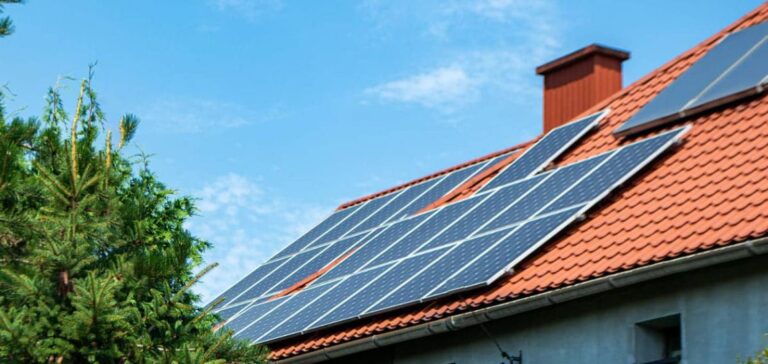New German legislation aims to promote photovoltaic systems for balconies.
Legislative breakthrough for balcony photovoltaic systems.
This is a big step forward for people living in apartments and urban environments, as well as for small businesses and industrial property owners with limited space for installation.
However, current barriers and bureaucratic restrictions limit the power generation capacity of these systems, hampering their widespread adoption. To remedy this, new legislation is gradually being introduced that will increase their power generation capacity to 800 W, offering a wider choice of clean energy solutions. In addition to increasing production capacity, the legislation introduces other important changes.
Photovoltaic systems for balconies will no longer need to be registered with local grid operators, but will be registered under the Federal Network Agency’s market master data registration procedure, simplifying the process and reducing bureaucratic restrictions. This change also benefits owners of old meters, as it allows them to inject surplus energy into the grid at full value.
The legislation also stipulates that the microinverters, with a maximum output power of 800 W, will feed into the home grid, solving space problems and improving energy efficiency. The draft legislation is currently being coordinated between the relevant authorities, and is due to come into force on January 1, 2024. This legislation is crucial to the development of photovoltaic systems for balconies and should be applied smoothly, creating a better environment and opportunities for their growth. To comply with the new legislation, Beny has actively researched and developed products that are compliant with these regulations.
Flexibility and reliability: the BYM 800 W microinverter for photovoltaic systems.
The BYM 800 W microinverter is a tailor-made solution for balcony photovoltaic systems, distinguished in the industry by its technical features, efficiency and reliability. The microinverter’s maximum continuous input current of 26 A enables it to handle higher current loads, support higher power photovoltaic modules and offer greater flexibility to system designers. It can handle very high-power, double-glazed, bifacial photovoltaic modules, boosting energy production for large-scale projects.
In conclusion, the BENY 800W microinverter stands out on the market for its exceptional performance and unique features. Whether for large- or small-scale systems, the BENY 800 W microinverter offers flexibility, reliability and efficient energy conversion, promoting sustainable development and the growth of green energy.
At a time when new German legislation is propelling photovoltaic systems for balconies into a new phase of development, Beny’s innovative product, the BYM 800W microinverter, complies with the regulations and meets the growing requirements of photovoltaic systems for balconies. Effective implementation of the new legislation will pave the way for the promotion of photovoltaic systems for balconies and a greener future.






















